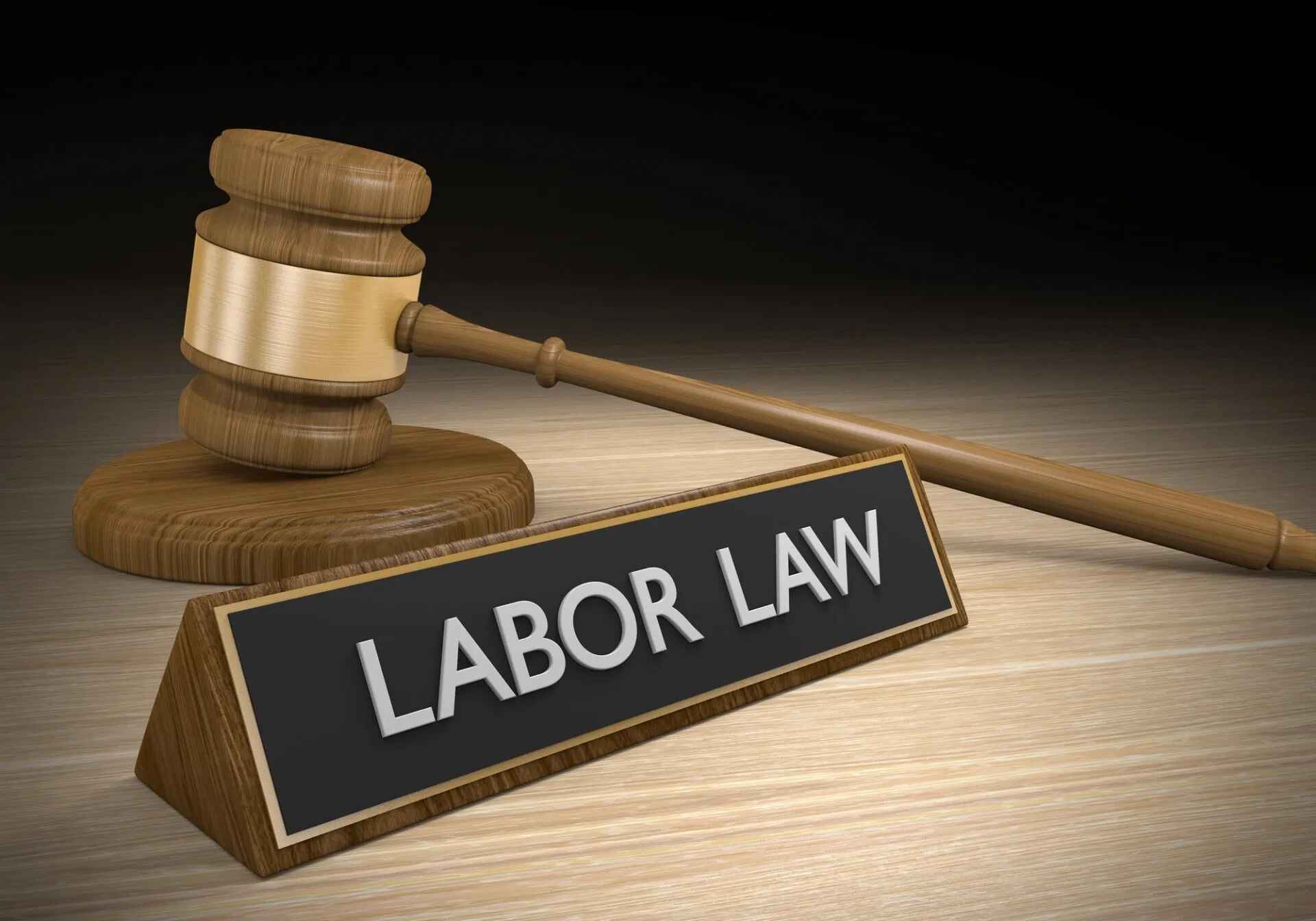Did you know that if a project receives more than $2,000 in government funding you could face a compliance obligation? You must follow Davis-Bacon Act regulations.
The act applies to contractors and subcontractors on government backed projects. It applies when they perform a job that involves the alteration of public buildings. The same applies if they work on infrastructure projects.
Contractors and subcontractors must pay laborers and mechanics fairly. Salaries must equal no less than locally prevailing wages.
Keep reading to learn what you need to know to avoid Davis-Bacon Act violations.
What Is the Davis-Bacon Act?
The Davis-Bacon Act is is a law enacted in 1931. It ensures contractors and subcontractors receive the local prevailing wage or more.
It also ensures they receive standard fringe benefits. Their wage must correspond to salaries paid for work on similar local projects.
The act is a directive for the Secretary of Labor. It compels the Department of Labor to determine local prevailing wages. The act applies to contractors who perform federal work or work in the District of Columbia.
It pertains to construction industry projects funded by federal, state or local agencies. This funding might include:
- Grants
- Insurance
- Loan guarantees
- Loans
There’s an added provision for prime contacts that exceed $100,000. Contractors must pay laborers and mechanics time and a half for any hours worked over 40 hours per week.
Industry Sentiment About Upcoming Regulations
The Labor Department is currently proposing amendments to the Davis-Bacon Act. Many firms believe a pending project labor agreement mandate would cause complications. It would deter bidding on federal projects.
They also believe the regulation will make things more challenging. Firms say they won't be able to subcontract with certain services. These services include small, minority, and disadvantaged businesses.
Firms say the mandate will make it difficult for contractors to source certain partners. These partners include minority, veteran, small, and disabled-owned firms.
The new legislation, along with the act, may limit competition for federal projects. It could also make it challenging for firms to find workers.
Understanding the Current Labor Environment
The White House has a different take on the Davis-Bacon Act. Many construction projects fall under the recently signed Bipartisan Infrastructure Law. They must meet the requirements of the Davis-Bacon Act.
The Administration believes the act is a historic investment. It will bolster the nation’s aging infrastructure.
White House reps say the act will create approximately 800,000 jobs. They also believe that it would revitalize the nation. It will refresh its communications, transportation, and utility infrastructure.
Furthermore, representatives state the act will support responsible contractors. It will ensure they can compete for federally funded contracts.
Davis-Bacon Projects
Many federally funded infrastructure projects fall under Davis-Bacon Act labor standards. These include projects for roads, bridges, and public transportation.
They also include airports, ports, and waterways. Water infrastructure, power, and grid projects must also follow Davis-Bacon Act regulations.
There are other projects that must follow the act. They may include projects to reclaim abandoned mines. They could also include work to plug orphaned oil and gas wells.
Likewise, federally funded rail construction projects must comply with the law. Railway safety projects must also comply with the law.
Working With Federal Contracts
Officially, the Davis-Bacon Act is Executive Order 14063. It covers federal agencies that take part in large-scale federal construction jobs. They require a labor agreement provision. They must also negotiate project labor agreements (PLAs) with local unions.
A PLA is a pre-construction agreement between managers and laborers. It creates the terms and conditions of employment for a construction project
Unions and employers collectively bargain the agreement. In general, it prevents strikes. It also creates a process for hiring workers and resolving disputes.
How PLAs Work
Executive Order 14063 requires federal contractors to enter PLAs. The mandate also applies to subcontractors.
It binds contractors and subcontractors to a project. It does so by including specifications and solicitation provisions in contract documents.
The executive order will allow contractors and subcontractors to compete. Also, they can do so whether they’re party to collective bargaining agreements.
The order offers other channels for labor-management cooperation. It helps to manage matters including:
- Health
- Productivity
- Quality of work
- Safety
Most importantly, it mandates that federal contractors comply fully with all requirements. These requirements include executive orders, statutes, regulations, and presidential memos.
Challenges of Davis-Bacon Act Compliance
Firms will face common challenges in complying with the Davis-Bacon Act. For example, many firms will struggle with the misclassification of laborers and mechanics.
Some firms will also have problems with unpaid wages. They may fail to pay full prevailing wages including fringe benefits for all hours. This rule includes overtime hours.
Other firms will struggle to keep adequate records. For example, they may not record all hours worked.
Firms may also overlook recording hours worked by an individual. This can happen when a contractor has two or more classifications during the same day.
Firms may also struggle with keeping official apprentice program records on file. They could face the same issue with registration documents for apprentices.
Other companies may often forget to post the Davis-Bacon Act poster. The poster must also state the applicable wage determination. Furthermore, firms could have problems sending certified weekly payroll as required.
Compliance Made Easier
Certified payroll reporting software can help. It will ensure you check all the Davis-Bacon Act boxes. More than a third of organizations outsource their compliance functions in this way.
Outsourced solutions boost productivity by saving time. They also improve compliance reporting and error tracking. Moreover, an effective outsourced compliance solution can raise morale across your organization.
Our compliance solution, Certified Payroll Reporting® can help you collect and analyze higher-quality data. It can also reduce the risk of downtime on projects.
We’ll Help You Stay in Compliance
Now you know what you need to know to avoid Davis-Bacon Act violations. Don’t let concern about the Davis-Bacon Act prevent you from out of federally funded projects.
Points North certified payroll reporting software can help you stay on top of requirements. It makes it easier to work on federally funded projects.
You must follow Davis-Bacon Act regulations to avoid penalties. Our payroll reporting software takes the risk out of working federally funded contracts.


.png)

